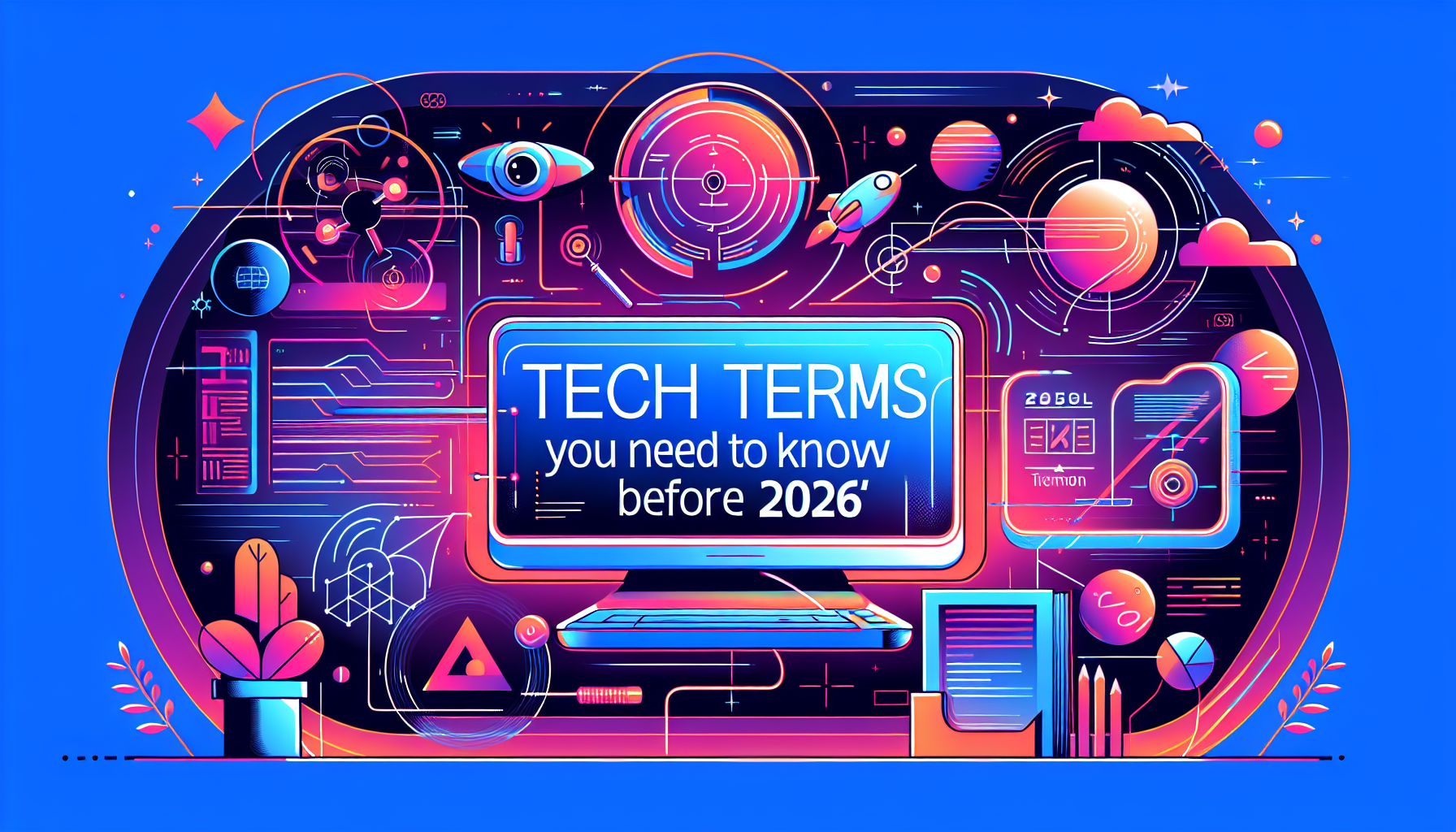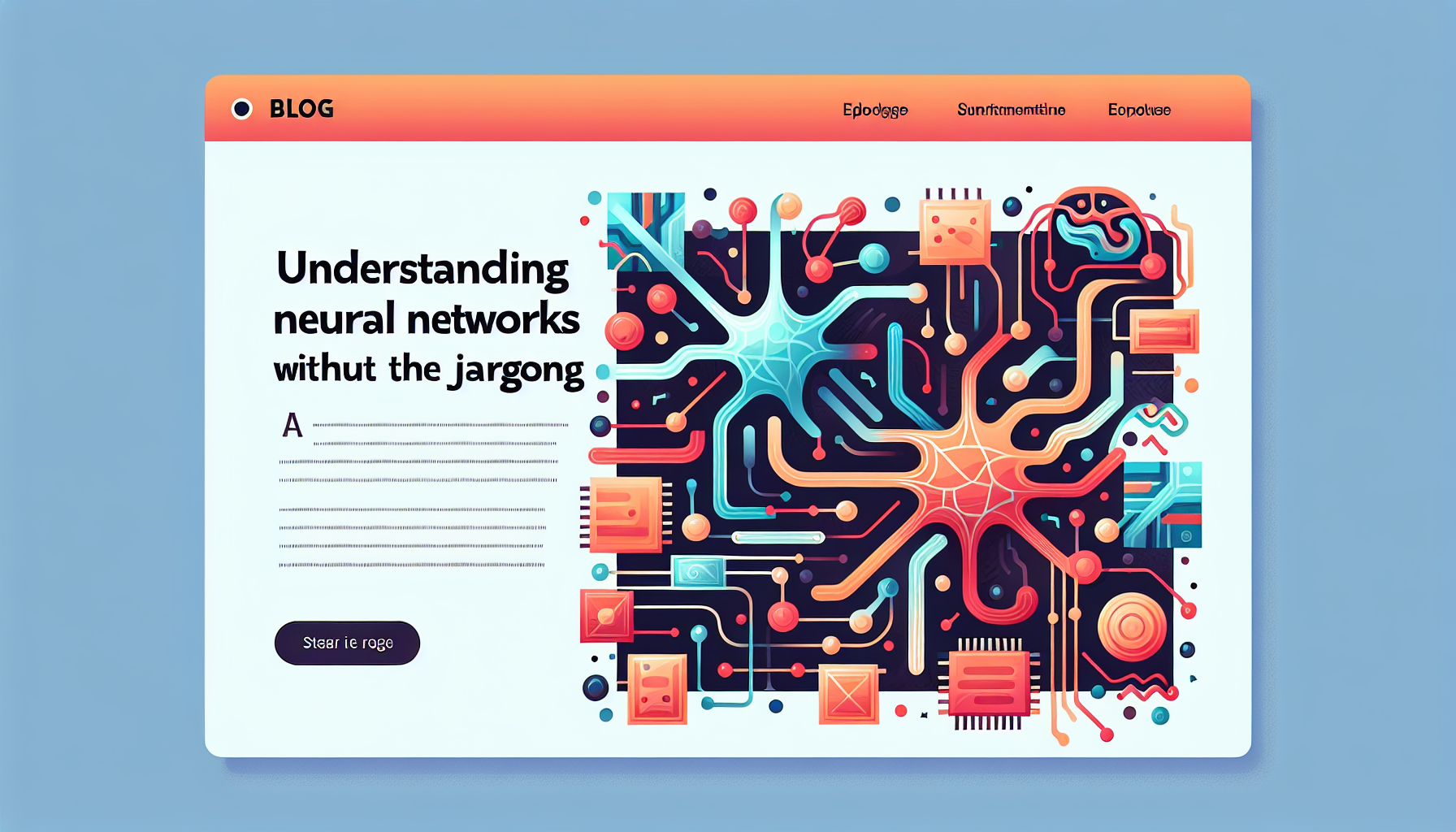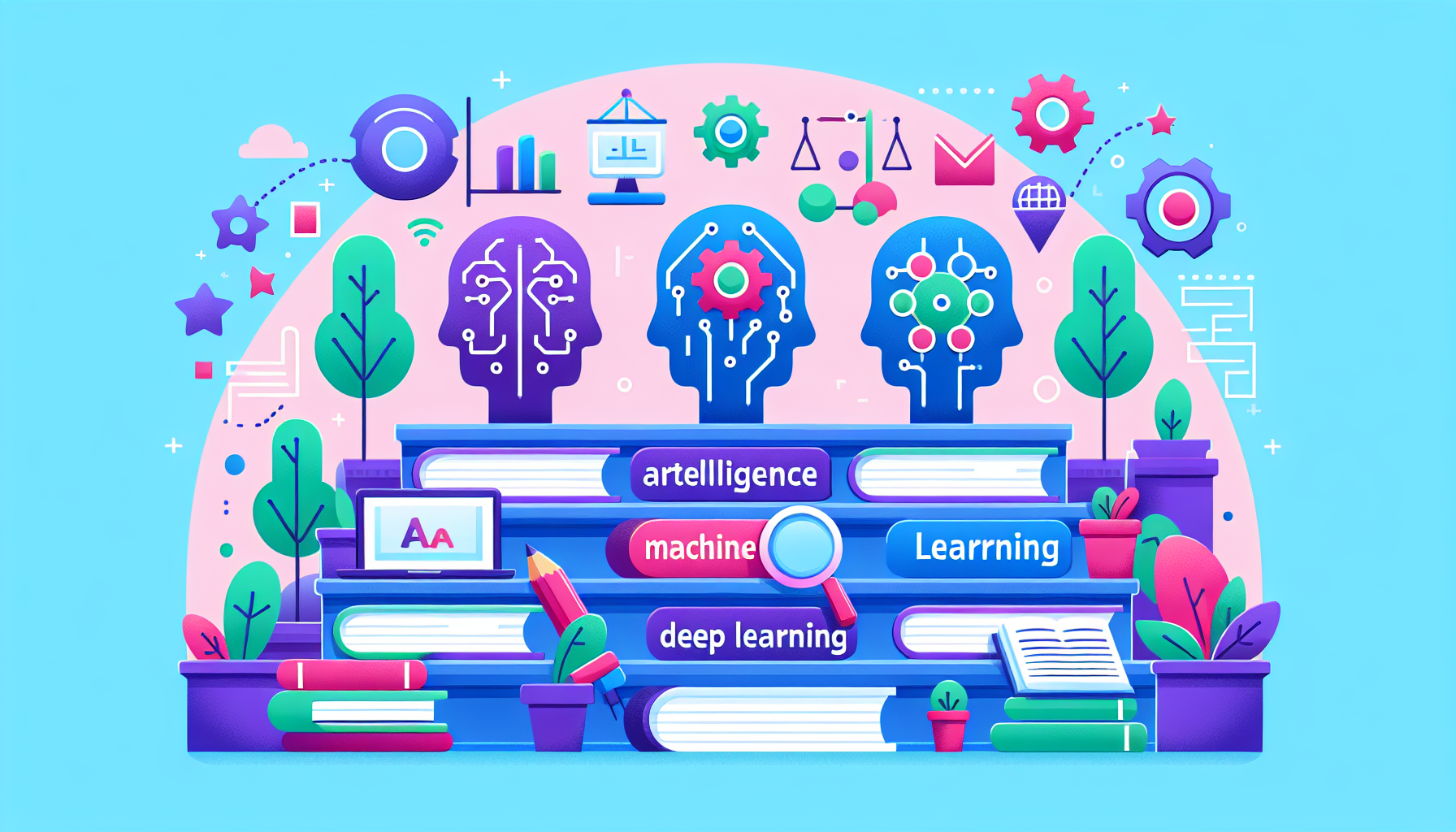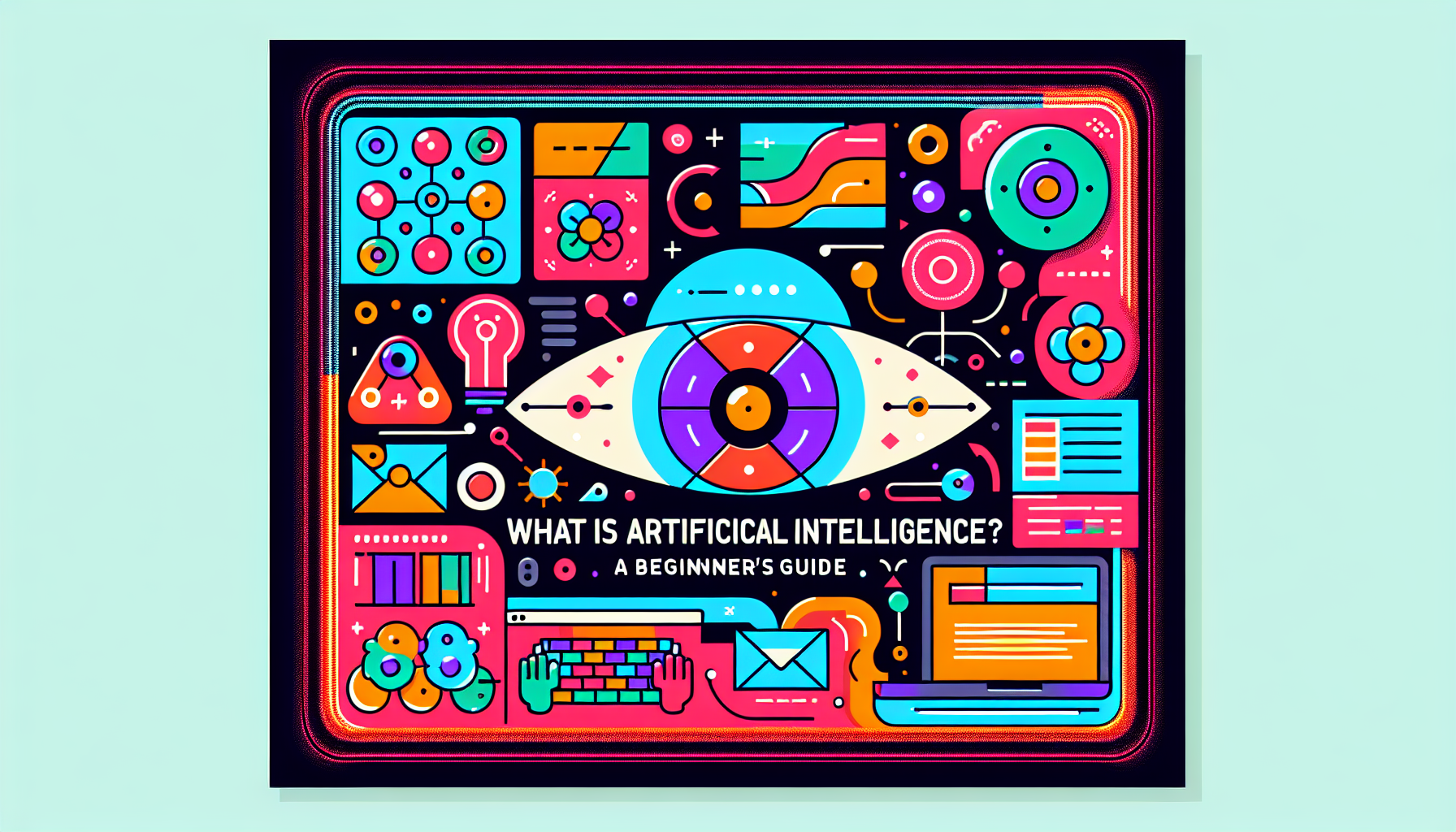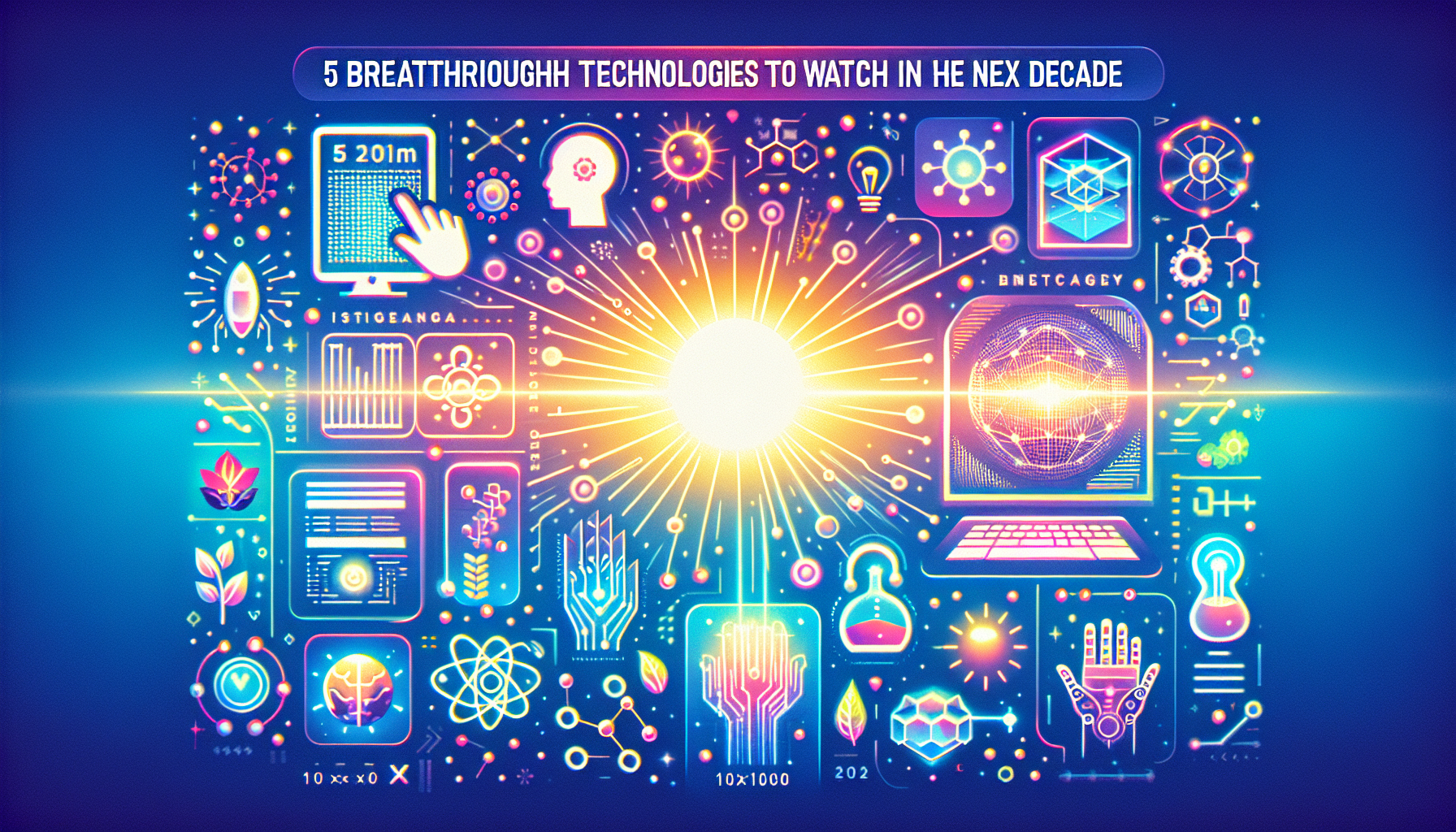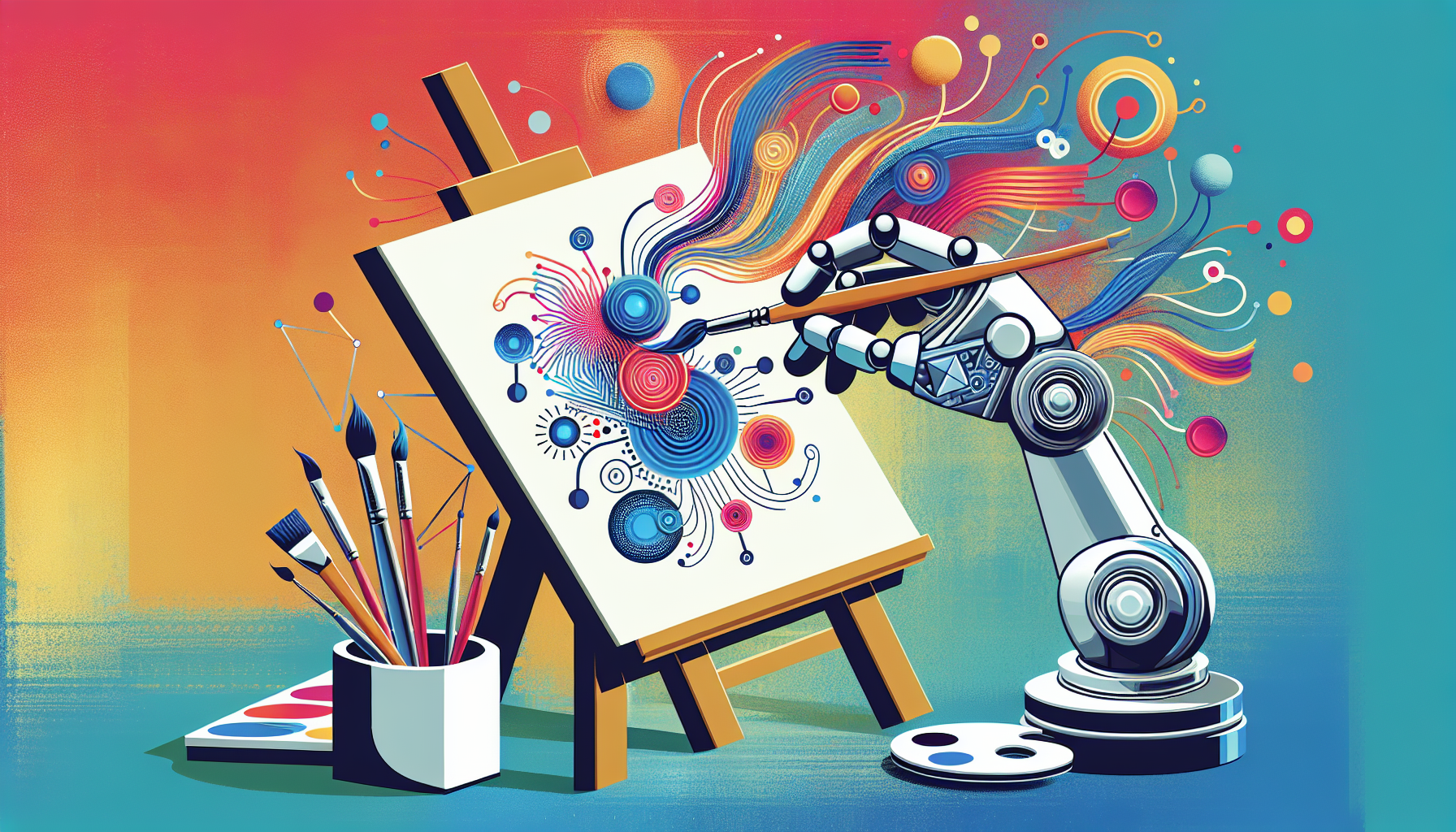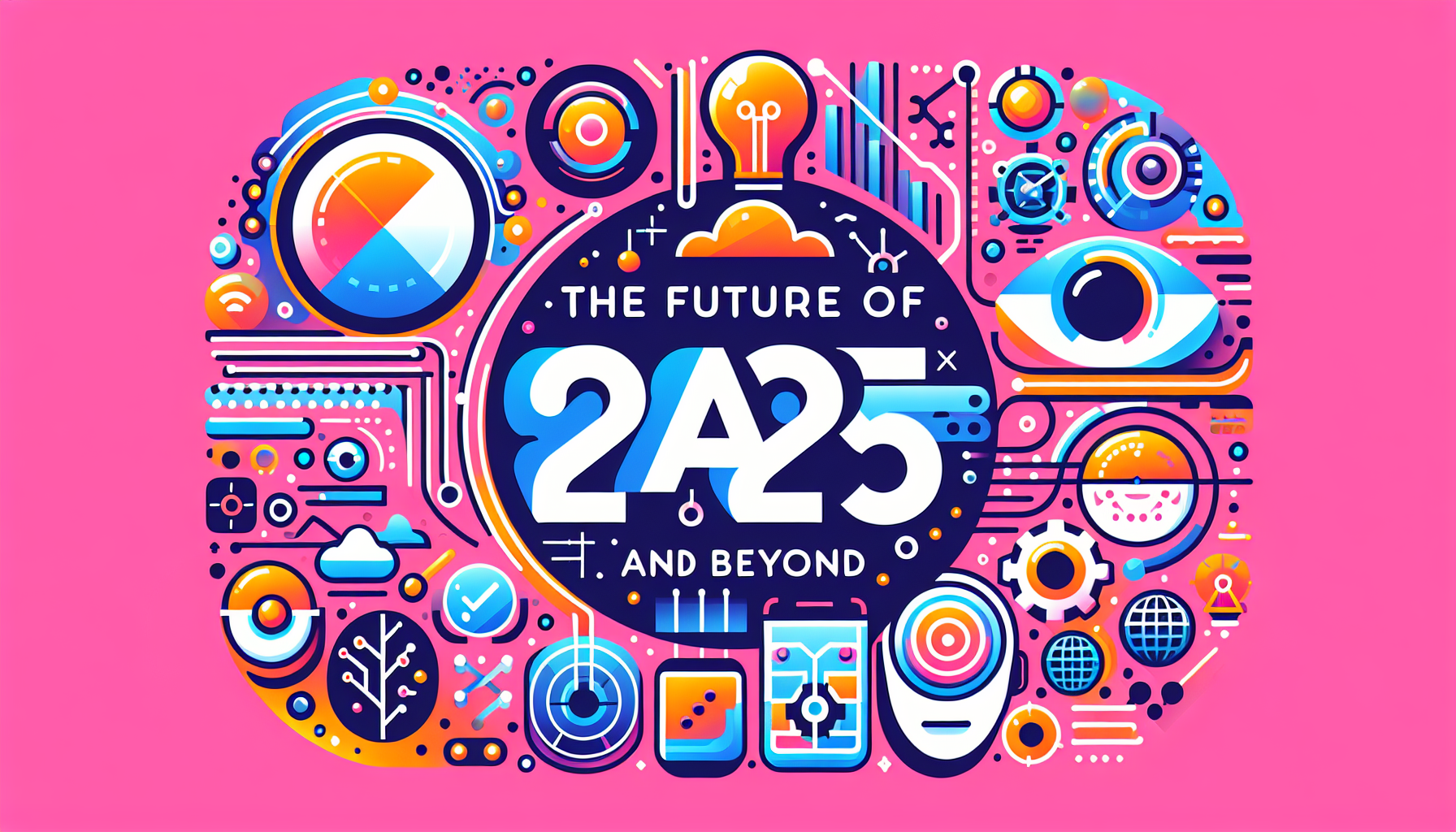As we move closer to 2026, the pace of technological advancement continues to accelerate, bringing with it a plethora of new terms and jargon that can be overwhelming. Whether you’re a tech enthusiast or just trying to keep up with the digital world, understanding these terms can help you navigate the landscape of technology more effectively. In this blog, we will explore some key tech terms that everyone should familiarize themselves with before 2026.
1. Artificial Intelligence (AI)
Artificial Intelligence (AI) refers to the simulation of human intelligence in machines programmed to think and learn. The field of AI has seen tremendous growth, with applications ranging from voice-activated assistants like Siri and Alexa to advanced machine learning algorithms that can analyze vast amounts of data. As we approach 2026, AI will continue to transform industries such as healthcare, finance, and transportation, making it essential for everyone to understand its implications.
2. Machine Learning (ML)
Machine Learning is a subset of AI that focuses on the development of algorithms that allow computers to learn from and make predictions based on data. ML is what powers recommendation systems, fraud detection, and even self-driving cars. As more businesses adopt ML technologies, having a grasp of how they work can be a valuable asset in the job market.
3. Blockchain
Blockchain is a decentralized digital ledger technology that records transactions across multiple computers securely and transparently. Originally developed for cryptocurrencies like Bitcoin, blockchain is now being explored for various applications, including supply chain management, healthcare, and voting systems. Understanding how blockchain operates can provide insights into its potential to disrupt traditional business models.
4. Internet of Things (IoT)
The Internet of Things (IoT) refers to the interconnection of everyday devices to the internet, allowing them to send and receive data. Examples include smart home devices like thermostats, refrigerators, and security cameras. By 2026, the IoT ecosystem is expected to expand significantly, making it crucial to understand how these devices communicate and the implications for privacy and security.
5. 5G Technology
5G technology is the fifth generation of mobile networks, promising faster speeds, lower latency, and the ability to connect more devices simultaneously. This technology is set to revolutionize areas such as augmented reality, virtual reality, and autonomous vehicles. Familiarity with 5G will be important as it becomes more widely adopted and integrated into various applications.
6. Augmented Reality (AR) and Virtual Reality (VR)
Augmented Reality (AR) enhances the real world by overlaying digital information onto it, while Virtual Reality (VR) creates a completely immersive digital environment. Both technologies have applications in gaming, education, and training. As AR and VR become more prevalent, understanding their differences and potential uses will be important for consumers and professionals alike.
7. Cybersecurity
As technology evolves, so do the threats associated with it. Cybersecurity is the practice of protecting systems, networks, and data from digital attacks. With the rise of remote work and increased reliance on digital services, cybersecurity knowledge will be critical for individuals and organizations to safeguard sensitive information and maintain trust.
8. Quantum Computing
Quantum Computing is an advanced computing paradigm that leverages the principles of quantum mechanics to process information at unprecedented speeds. While still in its infancy, quantum computing has the potential to solve complex problems that are currently intractable for classical computers. As research and development progress, understanding the basics of quantum computing could become essential for tech professionals.
9. Edge Computing
Edge Computing refers to the practice of processing data closer to the source of generation rather than relying on a centralized data center. This approach reduces latency and bandwidth usage, making it particularly useful for IoT devices and applications requiring real-time processing. As edge computing becomes more mainstream, familiarity with its benefits and applications will be valuable.
10. Natural Language Processing (NLP)
Natural Language Processing (NLP) is a branch of AI that enables machines to understand, interpret, and respond to human language. Applications of NLP include chatbots, language translation, and sentiment analysis. As communication becomes increasingly digitized, understanding how NLP works can help individuals and businesses enhance customer interactions and streamline communication processes.
11. Digital Twins
Digital Twins are virtual representations of physical objects or systems that can be used to simulate, analyze, and optimize performance. This concept is gaining traction in industries such as manufacturing, healthcare, and smart cities. Understanding digital twins can provide insights into how organizations can leverage data to improve efficiency and decision-making.
12. DevOps
DevOps is a set of practices that combines software development (Dev) and IT operations (Ops) to shorten the development lifecycle and deliver high-quality software more efficiently. As organizations increasingly adopt agile methodologies, familiarity with DevOps principles can enhance collaboration and productivity within tech teams.
13. Cryptocurrency
Cryptocurrency is a digital or virtual currency that uses cryptography for security. Bitcoin, Ethereum, and various altcoins have gained popularity as alternative forms of currency and investment. Understanding cryptocurrency is essential as it continues to influence financial markets and reshape traditional banking systems.
14. Digital Transformation
Digital Transformation refers to the process of integrating digital technology into all areas of a business, fundamentally changing how it operates and delivers value to customers. This concept highlights the importance of embracing technology to remain competitive in an evolving marketplace.
Conclusion
As we approach 2026, staying informed about these tech terms will empower you to engage with the rapidly changing landscape of technology. Whether you’re a professional looking to enhance your skills or simply a curious individual wanting to stay up-to-date, understanding these concepts will be invaluable. Embrace the future with knowledge, and you’ll be well-equipped to navigate the challenges and opportunities that lie ahead.
